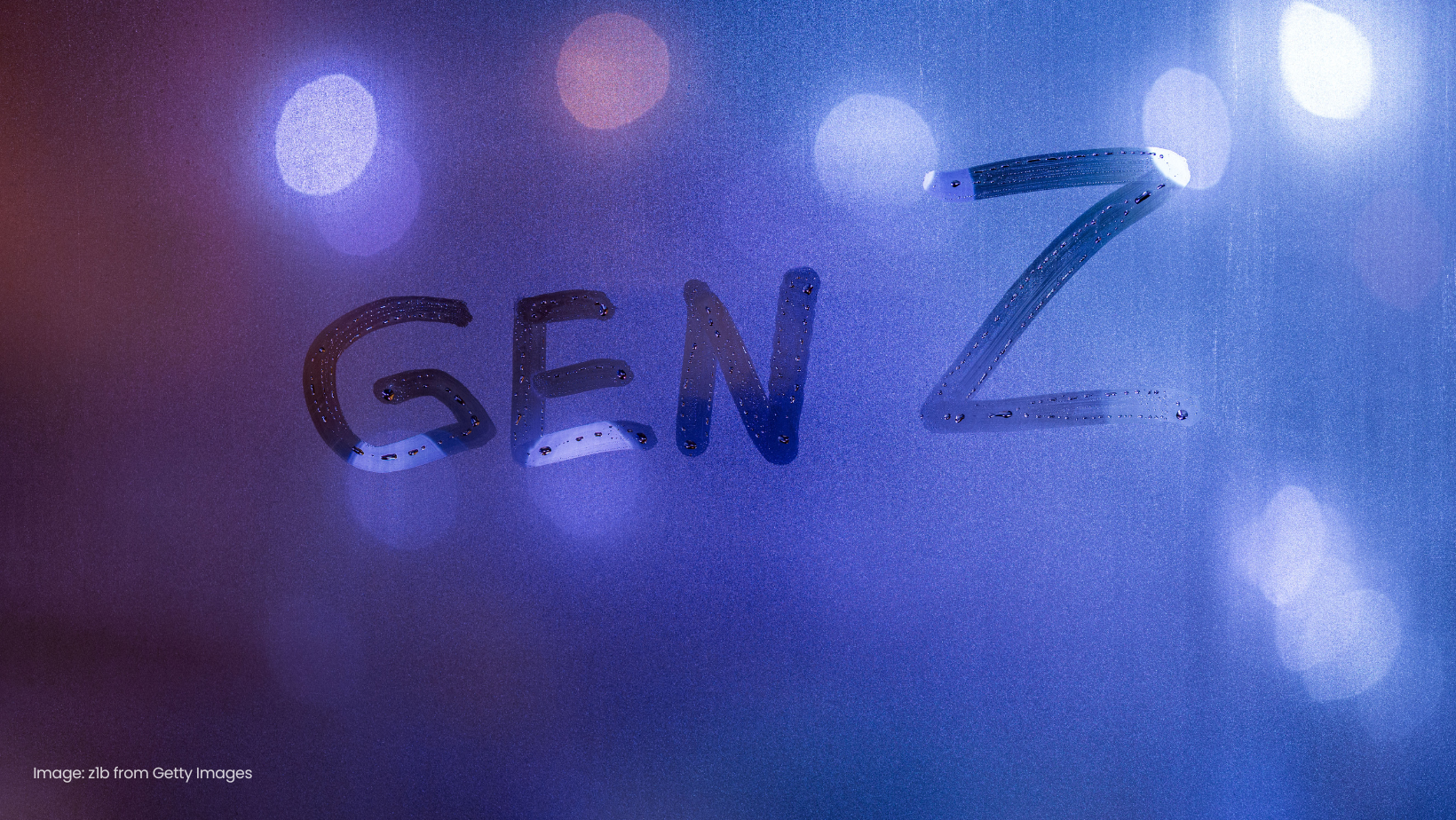Gen Z is in Their Deinfluencing Era. How Can You Gain Their Attention Back?
Gen Z attitudes on social media have been changing. Do they still love influencers?

A recent research from Rival Tech and Reach3 Leveraged Conversational reveals insights about Gen Z behaviours with social media, influencers and brand. With the price as top priority, they are careful on what they spend, and even consuming social medias.
What is going on?
There is a growing trend that is going around online that is called the “Dopamine Detox,” made by Gen Zs. Even though it has been there for years, lately it has gained attention on TikTok. Dopamine detox involves an act that prevents someone from engaging in activities that are deemed rewarding for the purpose of improving focus and productivity as well as their overall mental and physical well-being. This is not surprising, as Gen-Zers are known as individuals who place priority on their well-being. In fact, they are even obsessed with it, according to McKinsey research. This is rooted in the worst mental health issues that they faced during the pandemics.
The research also showed that about 60% of Gen Z felt they used social media excessively. This has made the “Dopamine Detox” even more relevant, as social media sites like TikTok are known for releasing dopamine, a chemical associated with pleasurable activities. Interestingly, while a lower percentage of Gen Zers (43%) were found to be on TikTok compared to other social media platforms, it still ranked highest among them.
Gen Z Purchasing Habits
Many Gen Zers are quite thoughtful and careful when it comes to purchasing decisions. They prefer online shopping, value sustainability and authenticity, prioritize experiences over possessions, support diversity, trust influencers, seek deals, shop on mobile, value personalization, and rely on reviews when making purchases.
How do you gain their attention for your brand?
Attractive pricing
To attract Gen Z, offer personalized rewards and experiences, like discounts tailored to their interests, such as birthday rewards and coupons. Use social media to promote these offers, and partner with micro-influencers who have small but dedicated followings. They are also highly conscious of environmental issues, but if the price of the product is higher than the value of the product, it might not be as enticing to them, so be strategic in pricing. Gen Z is also not loyal to a brand. Hence, businesses must keep offering new deals and great service to stay on their radar.
Respond to their feedback
Authenticity is what Gen Z values in brands. By actively responding to their feedback and addressing their needs, they feel acknowledged and are more likely to engage further. Research also supports this, revealing that a majority (76%) of Gen Zers want brands to respond to them and being responsive is being perceived as authenticity. This benefits not only them but also your business, as it becomes easier to enhance your products or services when they openly share their preferences and dislikes.
Retain their attention for the first 8 seconds
If you want to stop the Gen Zers from scrolling further, grab the opportunity to capture their attention. Why? This is because a study showed that the average attention span of a Gen Z viewer is around eight seconds. Therefore, ensure your message is clear, engaging, and delivered quickly to capture their attention effectively.
Put real feedback and reviews, not the made-up ones
Unfortunately for Gen Z, they can recognize a product review that is not genuine or fake. Even though they trust the influencers, things are changing now. According to the Hubspot study, 47.5% of Gen Z will be more careful and less likely to buy a product from influencers. This is especially true when they know it is a paid partnership, which is described as insincere.
Conclusions
Gen Z is entering a new era of “deinfluencing,” where they are reevaluating their relationships with influencers and brands. This shift is driven by their growing awareness of the negative impact of excessive social media use and their desire for authenticity and sustainability. To gain their attention, brands must adapt their strategies. By embracing these strategies, brands can build trust and loyalty with Gen Z, ultimately driving engagement and sales.






